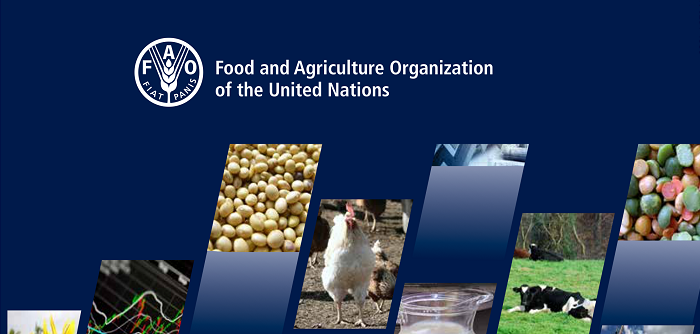Increased vigilance concerning the highly pathogenic avian influenza virus H5N1 has been called for by the Food and Agriculture Organisation (FAO) as countries across West and Central Africa are “on alert” as the virus continues to spread across the region.
The FAO call came as Cameroon became the latest African country to detect the disease, the first time it has been found in Central Africa since 2006. This brings the number of countries that have battled bird flu in West and Central Africa to six, with the disease also being present in Burkina Faso, Cote d’Ivoire, Ghana, Niger and Nigeria.
“Nigeria continues to be most affected with the total number of outbreaks exceeding 750 with nearly 3.5 million birds dead or culled,” said FAO. “The newly recorded outbreaks in Cameroon raise significant concerns that the disease may be advancing southward, triggering national and global emergency responses to contain the disease, and health screenings of poultry workers.”
FAO is alerting neighbouring governments to be vigilant and continue their heightened surveillance and prevention efforts, including common messaging to the public and data sharing between the public health and agriculture sectors.
The organisation said it is already working closely with the World Health Organisation and the World Organisation for Animal Health to offer member countries assistance, such as risk assessments, contingency planning, technical advice and laboratory material.
“A major concern is that the disease may become endemic in the entire region, particularly in Nigeria where avian influenza has become so entrenched in poultry production and marketing systems that it will be difficult to eliminate,” said FAO.
“For that reason, producers and traders need to be made aware about the clinical signs of the disease symptoms, how and to whom to report it, and implement good hygiene practices to halt its spread.”
FAO added that it will continue assisting governments in mobilising funds to combat H5N1, in addition to the agency’s own efforts to help boost local veterinary systems, strengthen laboratories, and deploying FAO specialists to affected and at-risk countries.
The first assessment mission and distribution of equipment in Cameroon was made possible by funding from the US Agency for International Development. FAO is now seeking a further $20 million to support its response to H5N1 in the region.


